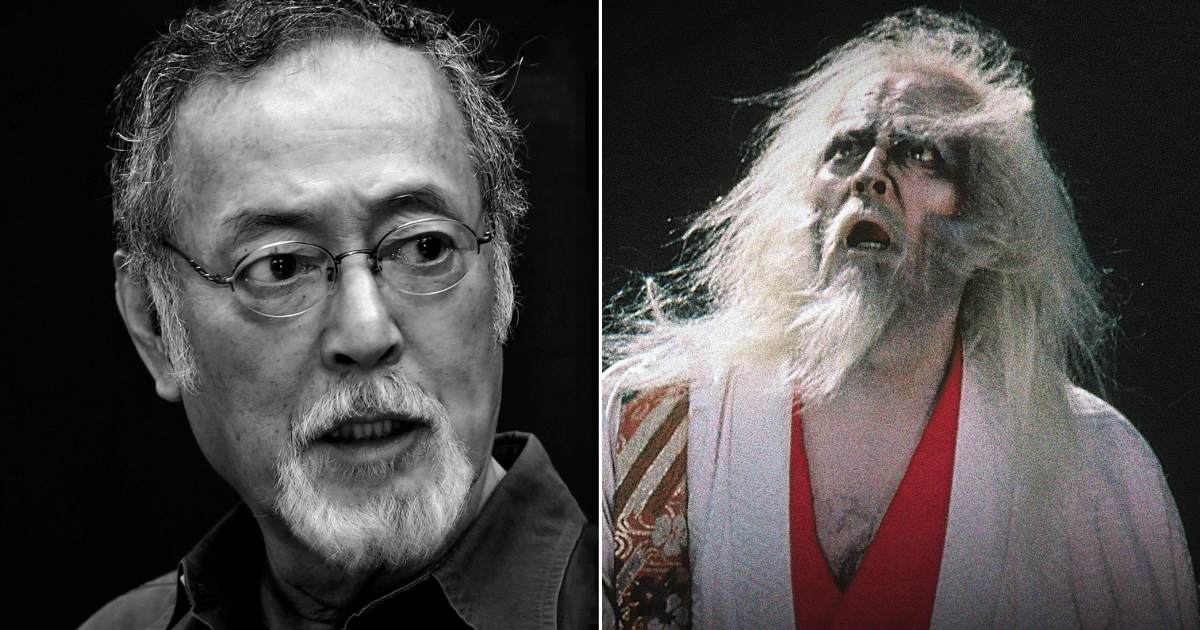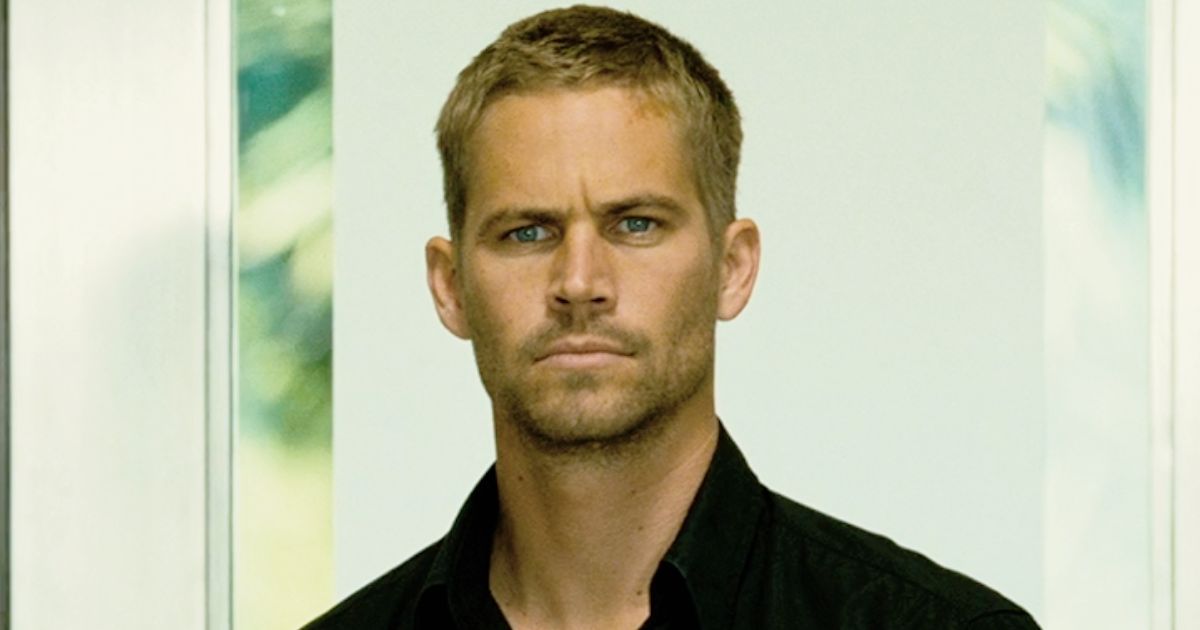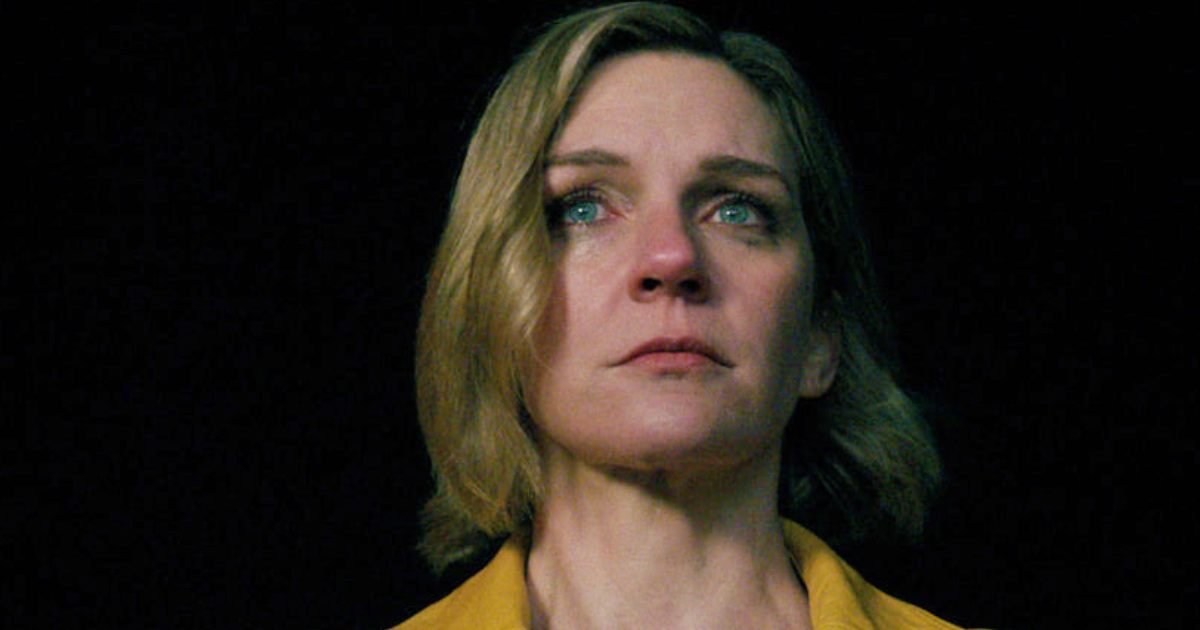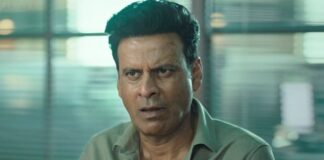
Japanese cinema mourns the loss of veteran actor Tatsuya Nakadai, who passed away at age 92. The celebrated performer amassed more than 100 screen credits throughout his seven-decade-long career.
Nakadai was particularly notable for frequently collaborating with director Masaki Kobayashi and even led memorable Akira Kurosawa titles such as Ran, Kagemusha, and High and Low. Having received the Order of Culture, Japan’s highest honor for contributions to arts and science, the actor left behind an enormous catalog, and here are the ones that indubitably immortalize his impact on world cinema.
1. The Human Condition Trilogy (1959-1961)
- IMDb Rating: 8.8/10 (Part III), 8.5/10 (Parts I & II)
- Director: Masaki Kobayashi
- Streaming On: Not Available
Plot: Transforming himself into Kaji, Nakadai delivers what many consider one of the finest performances in film history. His pacifist socialist protagonist leads from the front in this nine-and-a-half-hour odyssey that cascades across three films surrounding a devastating saga. In A Soldier’s Prayer, his character witnesses the ultimate tests of survival as a Soviet prisoner of war during World War II’s closing days, struggling to maintain his humanity amid unimaginable brutality.
Trending
On the other hand, it’s the third installment, often considered the most melancholic, breathtaking, and deeply disturbing of the three, that answers whether it’s morally justifiable to judge people by stereotypes rather than their actions. Three of the most gorgeous-looking black-and-white films ever made, the trilogy’s epic scope and emotional depth are not only lifted by Kobayashi’s profound humanist themes, but also by Nakadai’s lead portrayal.
2. Seven Samurai (1954)
- IMDb Rating: 8.6/10
- Director: Akira Kurosawa
- Streaming On: Apple TV+, HBO Max
Plot: While Nakadai’s role in Kurosawa’s magnum opus was minimal, his presence as a samurai captured by the bandits early in this groundbreaking epic established his relationship with the celebrated director of Rashomon. The saga follows the titular heroes recruited by desperate farmers to stand against the marauding bandits, establishing the template for countless action films to follow, be it Hollywood’s The Magnificent Seven or Bollywood’s Sholay.
Seven Samurai is a wonderfully crafted, quintessentially scored, incredibly choreographed, well-acted, and beautifully written phenomenon, deservingly adored by audiences worldwide. It transcended excellence by having many layers while daring to keep shades of gray to preserve human drama. It is also the sole reason Kurosawa would later cast Nakadai in major leading roles that defined both their careers.
3. Harakiri (1962)
- IMDb Rating: 8.6/10
- Director: Masaki Kobayashi
- Streaming On: The Criterion Channel
Plot: Nakadai delivers what may very well be his greatest single-film appearance as Hanshiro Tsugumo, an aging ronin who arrives at a feudal lord’s estate requesting an honorable place to commit seppuku, a ritual suicide. Through nested layering and complex yet meaningful structure to complement the suspense and build-up with flashbacks, Harakiri spotlights how the samurai’s life became intertwined with his son-in-law, who previously visited the same estate and was barbarically forced to commit harakiri with a dull bamboo blade after selling his real sword to support his sick family.
Nakadai’s restrained yet insurmountable performance builds toward an explosive confrontation that exposes the hypocrisy and cruelty underlying the samurai code of honor during the Edo period’s shogunates. The jidaigeki tale is hailed as the greatest anti-samurai story ever told, challenging Bushido morality and critiquing the feudal system while supplying social commentary on injustice and political corruption. While many position Harakiri superior even to Seven Samurai, it should not be an overstatement to deem it the greatest Japanese film outside the filmographies of Akira Kurosawa and Studio Ghibli’s Hayao Miyazaki.
4. High and Low (1963)
- IMDb Rating: 8.4/10
- Director: Akira Kurosawa
- Streaming On: HBO Max
Plot: In this police procedural thriller that came out decades ahead of its time, Nakadai embodies Chief Detective Tokura, the methodical investigator leading the search for a kidnapped child. While fellow Kurosawa collaborator Toshiro Mifune guides us through the movie’s emotional corners as the wealthy executive Kingo Gondo, Nakadai represents the professional persistence via his collaborative police work in tracking down the perpetrator. His performance personifies a surrealist versatility, giving the investigation its backbone and driving the Kurosawa thriller’s tension.
Acclaimed for its moral dilemmas, class disparity, and human nature complexities, High and Low certainly locate the former in Nakadai’s authoritative lead that contrasts effectively with Mifune’s emotional pandemonium. The classic’s influence on police procedural cinema is conspicuous, with many fictional detectives struggling to replicate Nakadai’s meticulous investigator, who set the genre’s gold standard.
5. Ran (1985)
- IMDb Rating: 8.2/10
- Director: Akira Kurosawa
- Streaming On: Apple TV+, BFI Player Amazon Channel
Plot: In his early 50s, Nakadai played much older in Ran, wearing intense ghost-like makeup to portray Hidetora Ichimonji, a desolate, world-weary warlord in the semblance of Shakespeare’s King Lear. The aging lord divides his kingdom among his three sons, unleashing a cascade of betrayal, madness, and warfare across feudal Japan. Nakadai’s haunting mask of a powerful man’s despairing descent into a broken, childlike figure quickly came to be known as one of cinema’s greatest roles.
Ran features both lyrical and grandiose artistry with exquisite, spare imagery, a hauntingly melancholic score by Toru Takemitsu, and Nakadai’s understated performance to glue the good parts and form one of the few fully released epics ever made. Ran also had Kurosawa receive his solitary directing Oscar nomination while introducing Western audiences to Nakadai’s extraordinary abilities, the veteran actor actualized through an unbelievably devastating character arc.
Advertisement
Check out our recommendations on What to Watch
Must Read: Leonardo DiCaprio’s Oscar Heartbreaks: 5 Performances That Almost Won Him An Academy Award
Follow Us: Facebook | Instagram | Twitter | YouTube | Google News






 Follow Us
Follow Us











